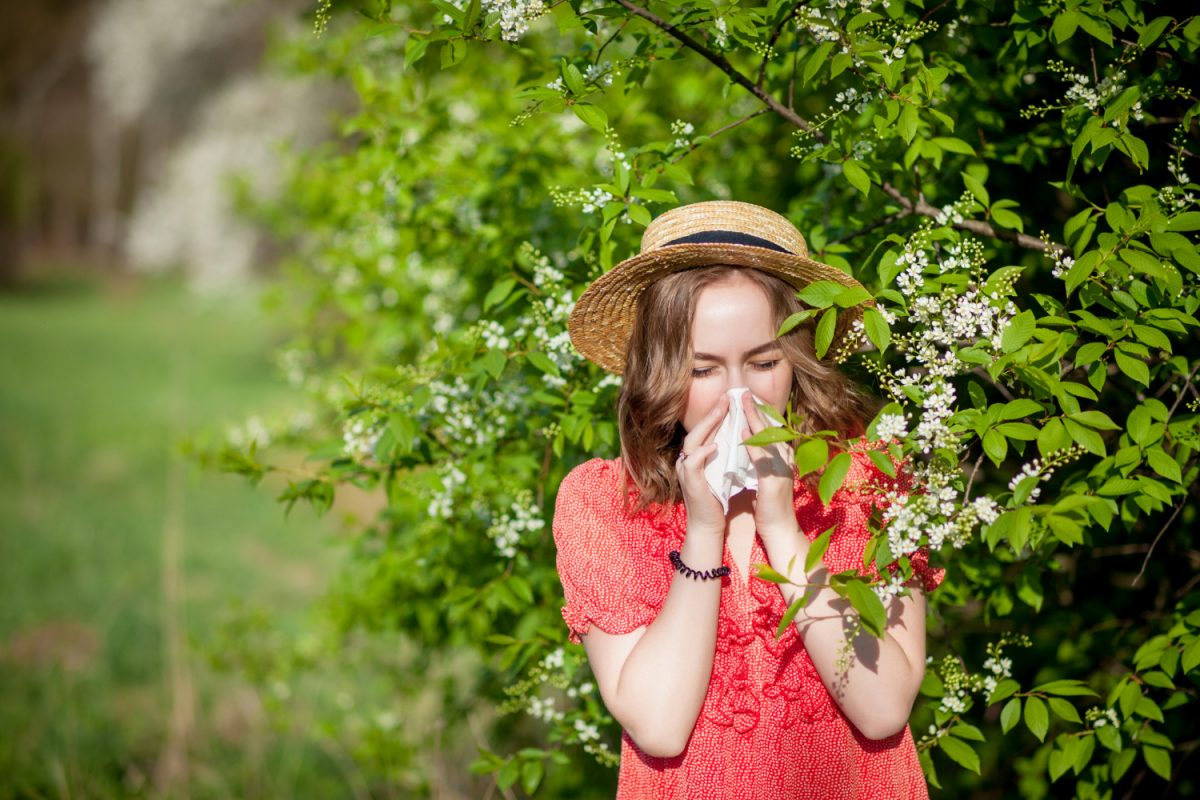
Allergies can be very disruptive to our daily lives. Unfortunately, allergy sufferers often become distracted, have difficulty breathing normally and suffer from constant itching of the skin. The condition can be significantly improved by timely consultation with an allergologist. He prescribes suitable allergy medication.
The majority of allergy treatment consists of reducing unpleasant symptoms, such as
Allergy doctors recommend topical allergy medications such as intranasal inhalations, eye drops or ointments. This is a good way to treat allergies because systemic side effects can be avoided. Unfortunately, many allergy medications have unpleasant side effects, including decreased concentration, drowsiness, and even headaches and dizziness. For severe allergies during pollen seasons or frequent contact with allergens, antihistamines are recommended to be taken in the evening, just before bedtime.
LHPs reduce rhinitis, suppress itchy skin, and inhibit the production of mucous nasal discharge. They may also temporarily eliminate eye swelling and reduce tissue erythema and swelling.
Before taking them, tell your doctor about all of your medical conditions and other medications you take on a daily basis.
For life-threatening and severe asthma, intravenous medications and, in extreme cases, epinephrine are administered.
Untreated and underestimated allergy can lead to very severe symptoms that prevent us from functioning normally. There are many ways to get rid of unpleasant allergy symptoms. A diet rich in fruit and vegetables is recommended, as is a home air purifier to reduce airborne allergens. Frequent dusting and cleaning is also recommended. Minimalist furniture, without many nooks and crannies and easy to clean, will work better in an allergy sufferer’s home. Avoid trinkets and minimize the number of books, which often have a lot of dust on them. It is also worth hiding them behind a glass display case or vacuuming them frequently.
Desensitization is a very effective method for treating allergies. This involves injecting small doses of allergen at intervals of 2 or 3 weeks to allow the body’s immune system to become accustomed to the allergen. After several years of desensitization, the allergy symptoms are gone and can be suppressed with occasional antihistamines.
Prior to desensitization, allergy tests are performed by making small punctures on the forearm. Using a needle, the doctor makes very small incisions and inserts a concentrated allergen into them. After waiting an hour, small red blisters may appear at the incisions
The allergologist measures their diameter and checks which allergen you are allergic to. The test allows the allergist to choose the right vaccine with the allergen it contains. The vaccine is taken before the pollen season, which is between February and March. It is taken in several doses. It is a good idea to repeat the desensitization, as well as the allergy tests that will show whether the treatment is effective.
Desensitization can be done privately or through the National Health Fund. It can also be repeated after a certain time if the allergy symptoms return. Desensitization is effective in reducing symptoms by up to 90 percent. This is a good way to treat an allergy when you cannot take allergy medication permanently, for example because of your occupation.
Other therapies – such as acupuncture or herbal treatments – are quite controversial and are not recommended by doctors. They may alleviate your symptoms somewhat, but they will not reduce your problem.
If you have frequent allergies, it’s a good idea to see if you react to a particular food or chemical. Avoid allergenic foods or fruits such as citrus or strawberries. Rinse vegetables and fruits thoroughly or scald them if possible before eating them.
Źródło zdjęcia: Designed by Freepik